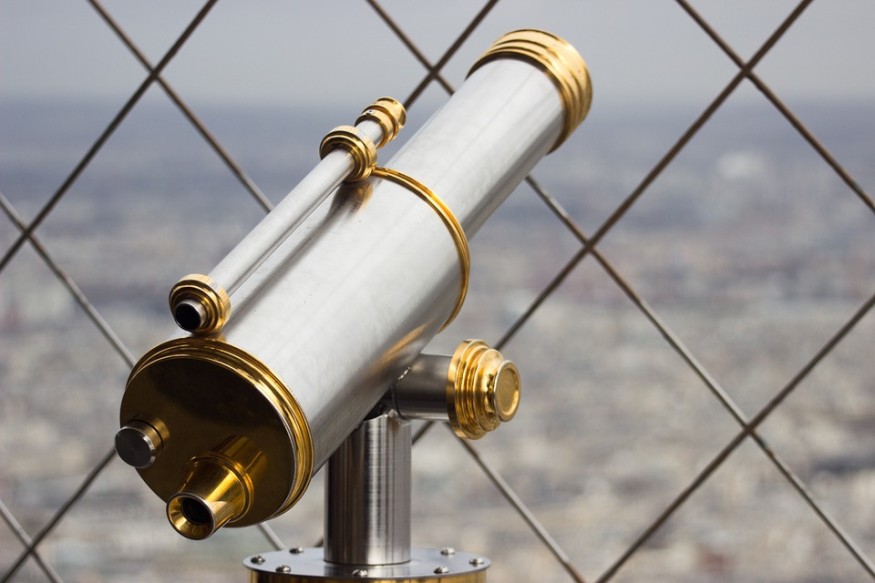
One of the most anticipated astronomical occasions this year will happen a few weeks from now. If you want to see it with your very own eyes, you should be getting ready for it now.
A unique astronomical occasion known as Mercury Transit will happen on Monday, Nov. 11. It will be seen across all of North America, South America, Europe, Africa, and Western Asia, provided that the skies are cloud free.
A transit, similar to a solar eclipse, happens when a planet passes directly between Earth and the Sun. Transits are rare and will only occur 13 times ever 100 years.
Sightseers should need some proper solar filters to observe the Transit of Mercury safely. They should likewise order filters the soonest time possible from a reputable vendor that meets the international safety standards, so they arrive in time for the event. Looking at the sun without appropriate filters may lead to permanent eye damage, including distorted vision or loss of sight altogether.
There were reports from people across the United States that they suffered eye discomfort from looking at the sun without proper solar filters following the 2017 total eclipse. It included one woman who had her retinas burned from observing the event without protective eyewear.
Prevent Blindness explained on their website that the painless damage could be permanent or temporary. They added it may take time for someone to realize that the eye damage has occurred once they have viewed the solar eclipse without solar filters. Prevent Blindness is an organization that works to counter eyesight-related problems and preserve vision by informing the public.
Would our solar eclipse glasses from the 2017 Great American Eclipse work for this upcoming event?
Many people who used solar filter glasses during the 2017 Great American Eclipse threw them away once the astronomical event ended. However, those observers who kept their glasses may be asking if it would still be good for the Mercury Transit.
American Astronomical Society says on their website that the eclipse glasses can still be reused indefinitely for as long as the materials used are compliant with the ISO 12312-2 safety standard. The filters, in addition, are good to reuse for as long as they aren't torn, punctured, scratched, or loose from their frames.
However, onlookers may need more than just a pair of eclipse glasses to see next month's Mercury Transit. According to NASA, it requires a safe solar telescope since Mercury is "too small to see" in someone's eclipse glasses.
Scanning into ordinary glasses or telescope with only a pair of eclipse glasses over your eyes will not operate well. NASA explained it is important to ensure that the certified solar filter is placed properly on the end of the telescope; otherwise, the viewers are at risk of permanently damaging their eyes.
For those sightseers who do not have pieces of proper viewing equipment, they may visit one of many astronomy clubs that will hold a viewing event on the Mercury Transit day. They may also watch the event online.
© 2026 NatureWorldNews.com All rights reserved. Do not reproduce without permission.





